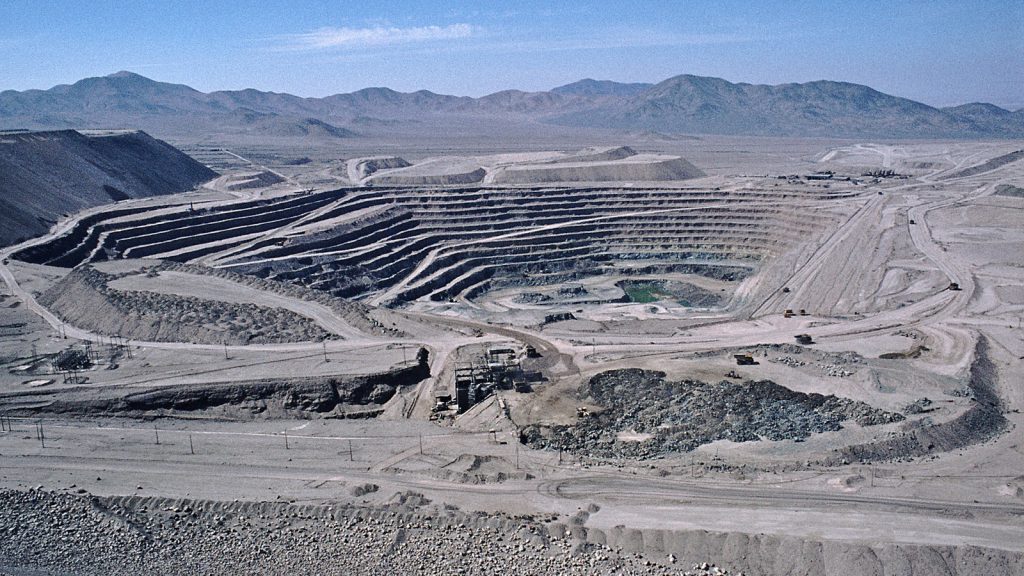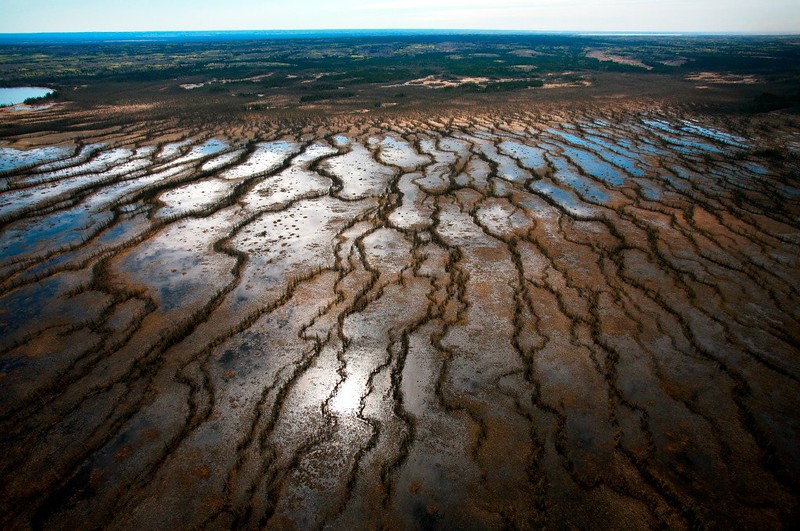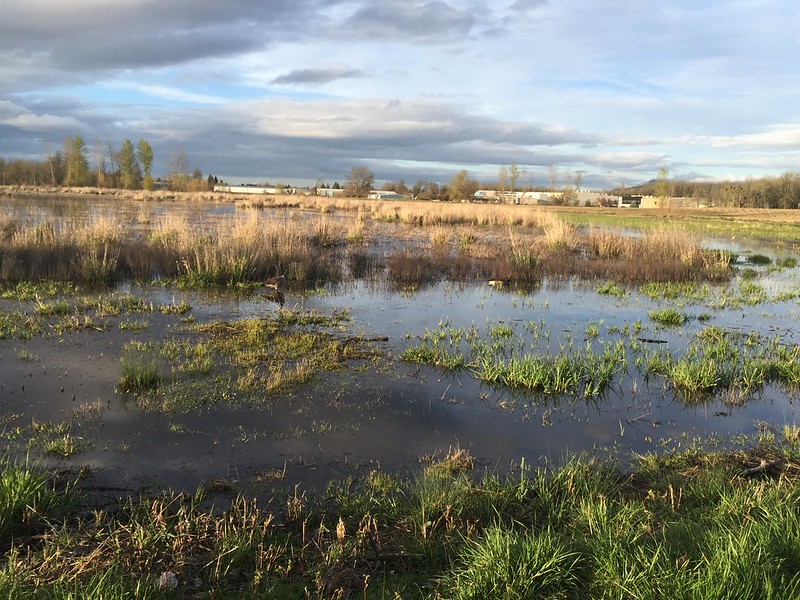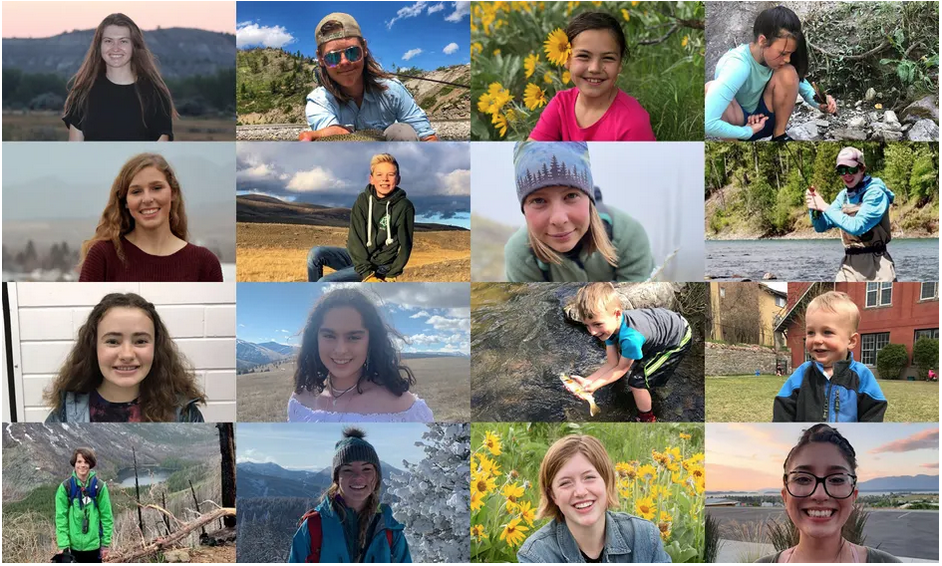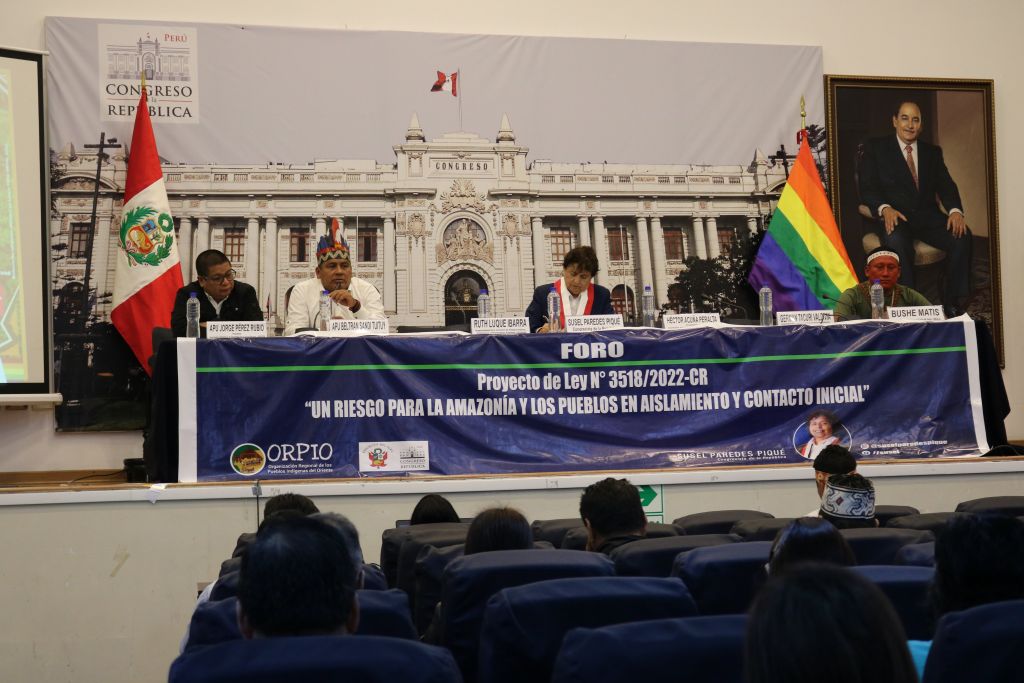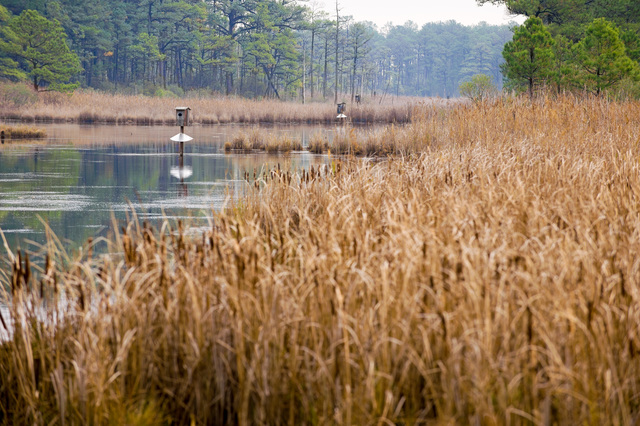Argentina’s debt will grow as Big Tech extracts data and knowledge, forcing state to abuse nature to pay it off
By Cecilia Rikap. Published 6-28-2024 by openDemocracy

Argentina’s far-right president Javier Milei secured early this morning his first major win in office, with the country’s lower chamber passing the first of his landmark regressive reforms. Congress’s approval of the so-called Ley Bases, or the Bases Law, came weeks after the bill prompted a 13-hour debate in the upper chamber and a peaceful demonstration outside Parliament that was met with fierce police repression.
The legislation – which is a key part of Milei’s anarcho-liberal government plan – promotes investment in extractive industries, such as forestry, construction, mining, energy and technology. It includes a Large Investment Incentive Scheme (RIGI, by its Spanish acronym) that will grant extractive investment projects worth at least $200m lower income tax, authorise them to import fixed capital and tax only their exports in the first three years.
Continue reading


